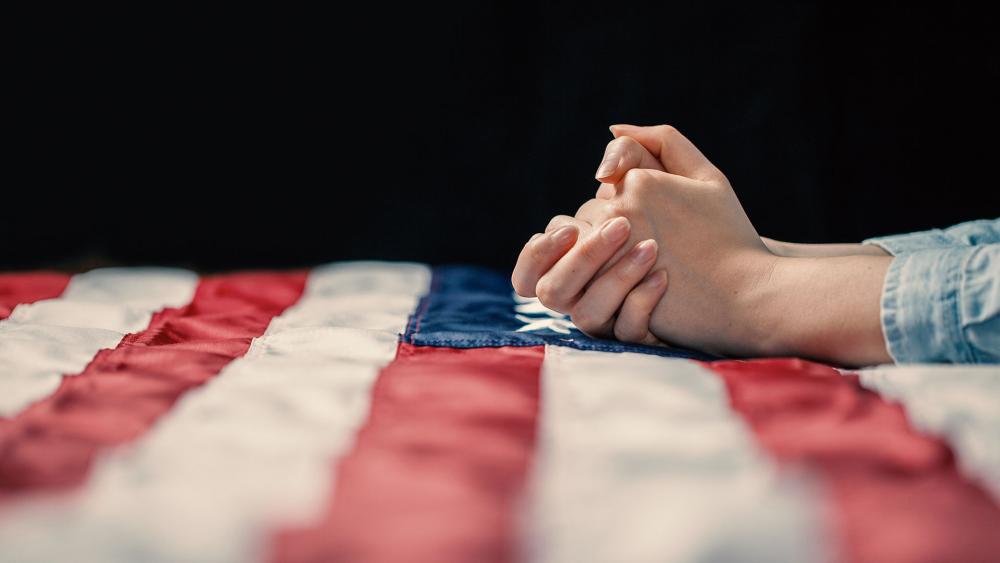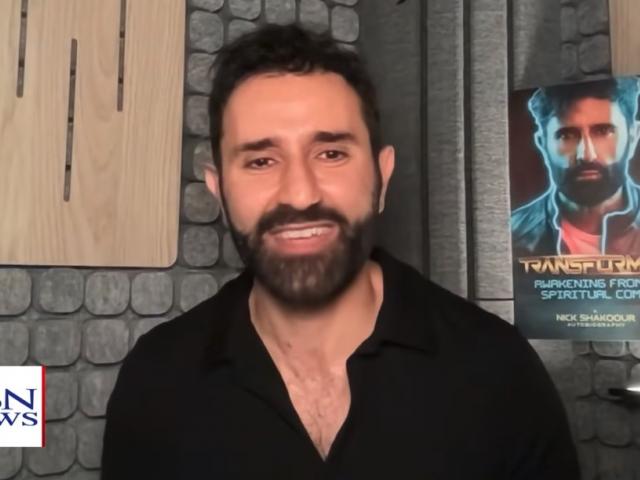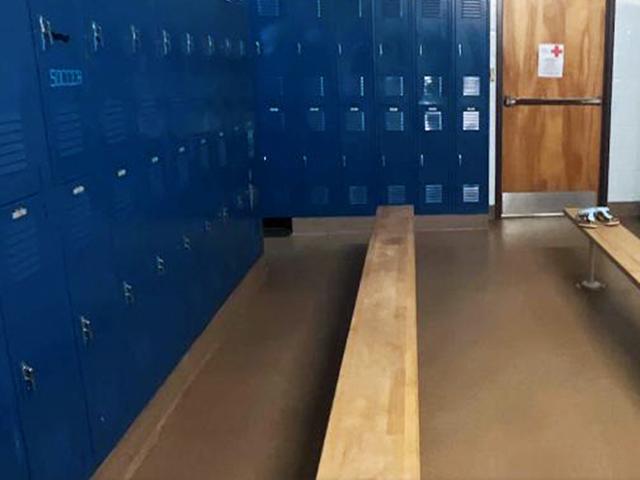A Connecticut school board has reportedly axed prayers before board meetings following a complaint from a “concerned community member” and an atheist organization.
Listen to the latest episode of CBN’s Quick Start podcast:
The Freedom From Religion Foundation (FFRF), an atheist activist group, contacted the Enfield School District to complain about the prayers purportedly routinely unfolding before meetings, CT Insider reported.
Enfield’s Board of Education is said to have halted the prayer practice earlier this year.
The FFRF released an Aug. 31 statement claiming the organization was able to get prayer “removed” from the board meetings, calling the practice of board members invoking God at these gatherings “offensive.”
“The Enfield Public Schools system has removed the offensive practice of opening its board meetings with a prayer after the Freedom From Religion Foundation objected,” the statement opened.
The FFRF announcement then shared one of the prayers purportedly uttered by board member Jean Acree. It read:
Heavenly Father, we ask you to bless us with your presence at this meeting tonight. Bless all who are in attendance. Please, Lord, open the hearts and minds of this board as we listen to our presenters and our audience in attendance so that we will make sound decisions on the issues that are of great concern. I also pray for what is best for all of our Enfield children. In Jesus’ name, Amen.
An attorney for the FFRF who wrote the letter asking for prayers to be halted claimed it is “beyond the scope of a public school board” to include invocations in its meetings.
Beyond that, the atheist activist group argued the inclusion of prayer put non-believers in a challenging and potentially uncomfortable situation.
“It is coercive, embarrassing, and intimidating for nonreligious citizens to be required to make a public showing of their nonbelief (by not rising or praying) or else to display deference toward a religious sentiment in which they do not believe, but which their school board members clearly do,” the statement continued.
According to the FFRF, the district has now replaced the time when an invocation or moment of silence was held with just a moment of silence. The board reportedly voted unanimously in the spring to cut the opening prayers and solidify a moment of silence, CT Insider reported.
The decision left the FFRF “pleased” and contented.
A 1997 article in the Hartford Courant noted the district voted 6-3 that year to introduce prayer or a moment of silence before meetings.
“We have written this in a way that should not be offensive to anyone, except, perhaps, an agnostic,” then-board chairwoman Ann Maloney said. “This is our heritage, our culture. Boy, we jump in to defend everyone else’s culture in the country, but everybody jumps on us when we try to express our own culture. This is very simple. We are not talking theology. We are talking respect for each other.”
The practice had previously been dropped before resuming in 1997.
While the FFRF said in its letter “calling upon students, parents, and other board meeting attendees to pray is unconstitutional,” the situation might be more complex than the complaint explained.
Government meetings are routinely started with prayer at the local and federal level. It’s true student involvement and the individual leading prayers factor into legalities, though invocations are historically considered part of the fabric of American governance.
For instance, U.S. Senate Chaplain Barry Black, a retired rear admiral who has served as the 62nd chaplain of the U.S. Senate since 2003, told CBN’s Faithwire the congressional chaplaincy was first established in 1789, with the tradition continuing since that time.
“At the Constitutional Convention in 1787, they reached an impasse. Benjamin Franklin stood and said, ‘Gentleman, I’m a very old man, but I have lived long enough to know that, if a sparrow cannot fall without God knowing it, then a republic cannot rise without his assistance,’” Black recounted, noting that Franklin suggested prayers be invoked. “One of the first acts of the new legislative branch in 1789 … was to establish a chaplaincy. It actually pre-dates the establishment clause to the First Amendment.”
Read more of the history here.
The Supreme Court’s hearing of the Town of Greece v. Galloway case in 2014 helped settle some issues surrounding prayer at government meetings, with the justices siding with the Town of Greece in New York.
The town was sued over invocations uttered before public meetings. But the Supreme Court found the prayers were constitutional, so long as people of all faiths were invited to partake.
***As the number of voices facing big-tech censorship continues to grow, please sign up for Faithwire’s daily newsletter and download the CBN News app, to stay up-to-date with the latest news from a distinctly Christian perspective.***
Did you know?
God is everywhere—even in the news. That’s why we view every news story through the lens of faith. We are committed to delivering quality independent Christian journalism you can trust. But it takes a lot of hard work, time, and money to do what we do. Help us continue to be a voice for truth in the media by supporting CBN News for as little as $1.











 Support CBN News
Support CBN News







